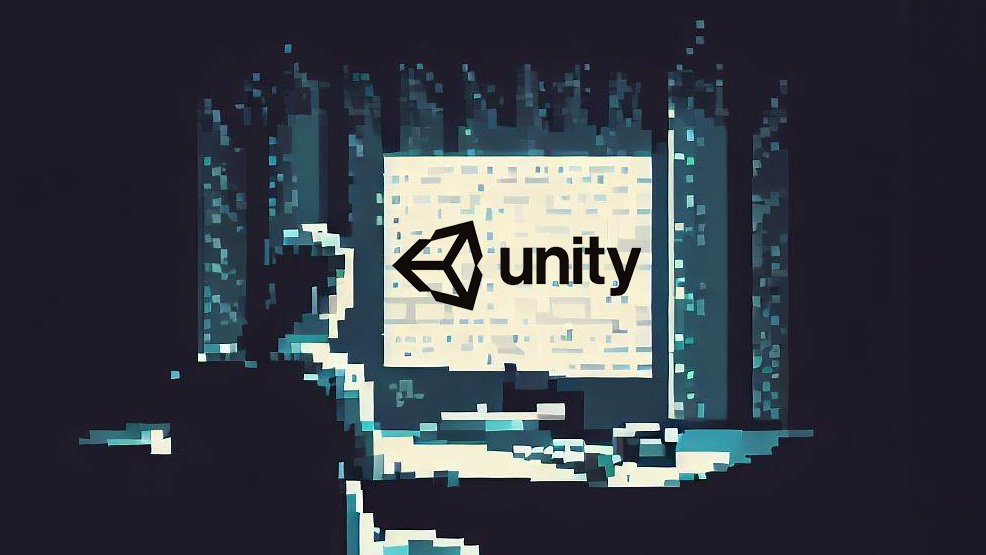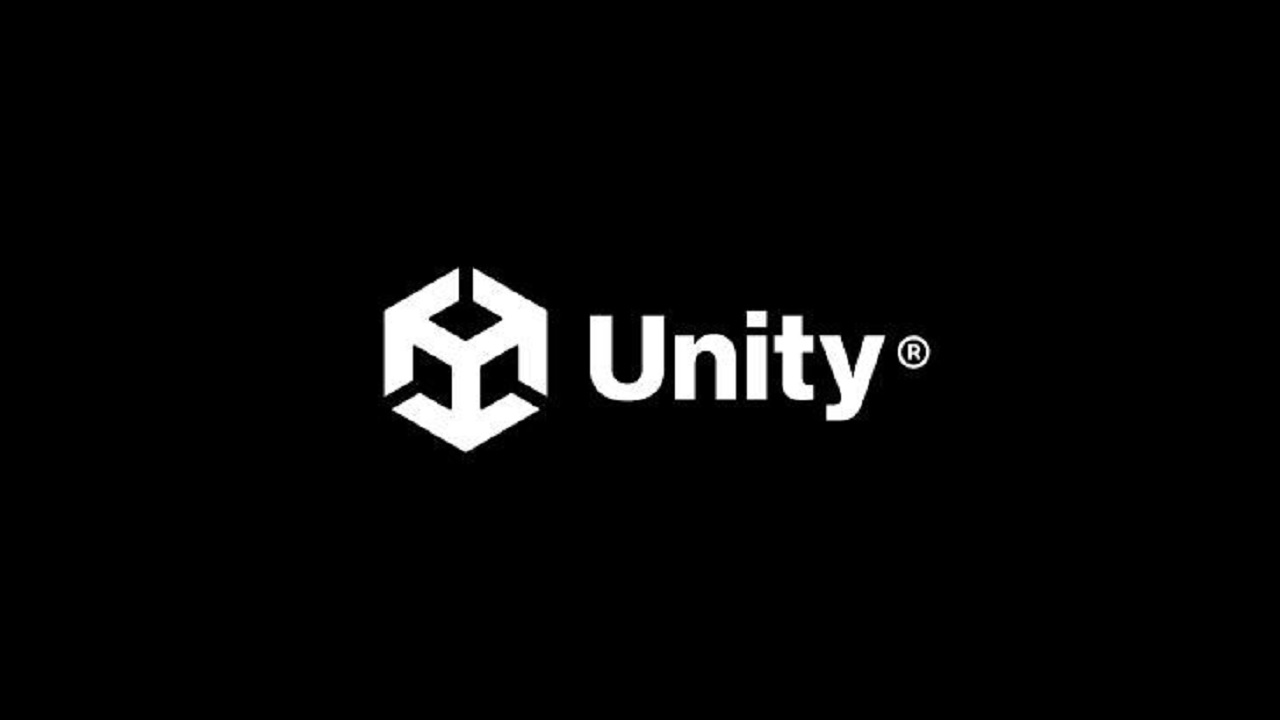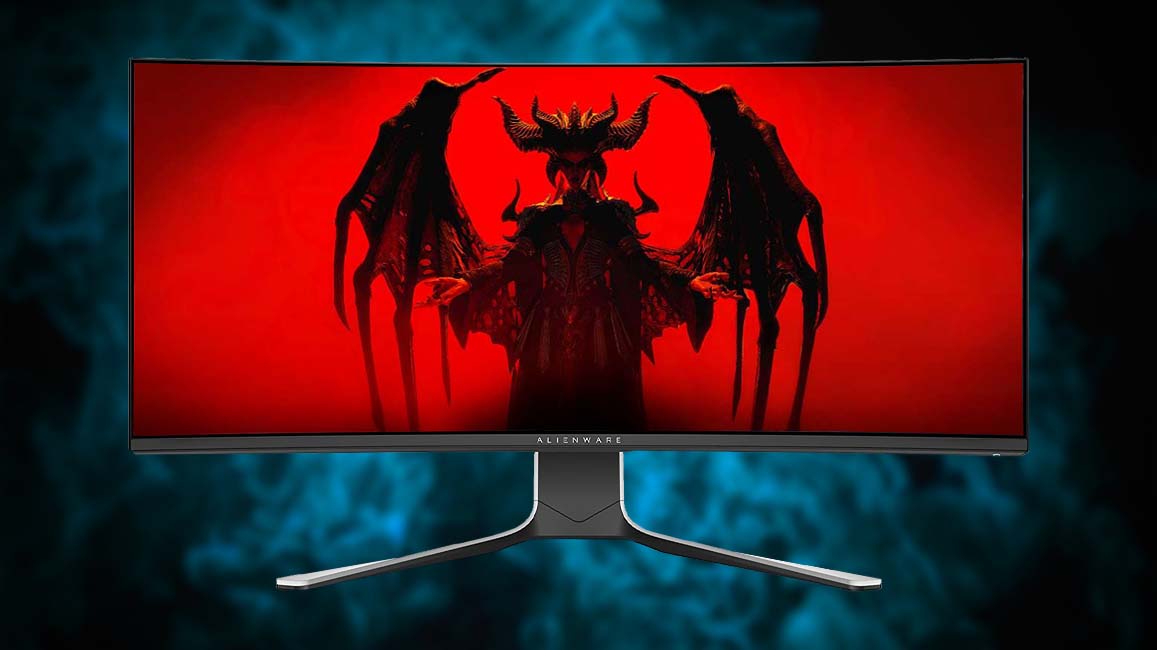
What you need to know
- Unity Software is a company best known for the development of its game engine, Unity, which has been used to create several games on various platforms.
- Today, it was revealed that Unity Software is terminating a service agreement made with Lord of the Rings director Peter Jackson's Weta FX visual effects company.
- This termination will reportedly result in the elimination of 265 jobs, which is roughly 3.8% of the estimated 7,000 workforce.
San Francisco-based software development company Unity Software, best known for its popular Unity game engine which is used for games like Pokémon Go, Cuphead, Night in the Woods, and much more, is ending a service agreement with Lord of the Rings director Peter Jackson's Weta FX visual effects company. As a result, Unity is expected to shut down 14 offices in various locations and is expected to eliminate 265 jobs (thanks Reuters). This is roughly 3.8% of Unity's estimated 7,000 worldwide workforce.
Unity Software to cut 3.8% of staff in 'company reset' https://t.co/sS4yQHaKdS pic.twitter.com/JPtgSfDft9November 29, 2023
For more context, Unity and Weta FX entered into an agreement back in 2021, where the former purchased the latter's technology and engineering division for a whopping $1.6 billion. It's important to note that while Unity is shuttering the technology division they bought, the Weta FX special effects team is still owned by Jackson.
Interim Unity CEO and former IBM president Jim Whitehurst has stated that the company is making changes to "refocus" itself. He said, "While no additions have been finalized, it's clear that we will reduce the number of things we are doing overall."
Windows Central's take


- Best computer monitors
- Best ultrawide monitors
- Best 4K monitors
- Depgi 14 Portable Monitor review
- ASUS ROG Swift OLED review
- Redmagic 4K Gaming Monitor review
You might recall that earlier this year in September, Unity revealed a controversial runtime fee policy that was intended to charge per-install fees to game developers on games made in the Unity engine. However, several developers responded by stating they would stop using Unity if the new policy went into effect. As Aggro Crab succinctly stated, "Unity could take a fee that puts an enormous dent in our income and threatens the sustainability of our business."
Shortly after the announcement, the company's share price went into a spiral, which led the company to roll back the policy. Eventually, Unity CEO John Riccitiello ended up retiring and was replaced with Interim CEO Jim Whitehurst.
Considering all of the backlash from the rolled-back fee policy, it's no wonder that Unity is still dealing with the negative ripples of its initial announcement. Many game developers understandably no longer trust the software company and it could be a while before faith is restored in Unity, if it ever is again.







